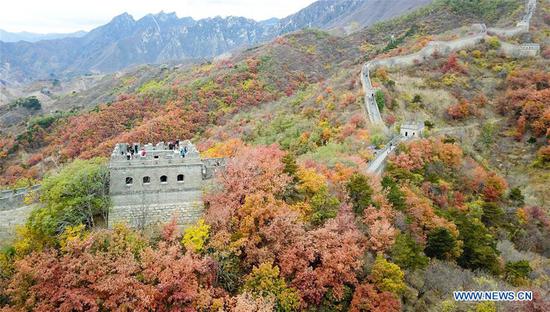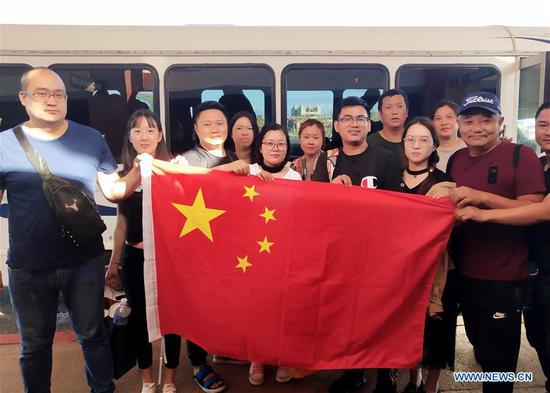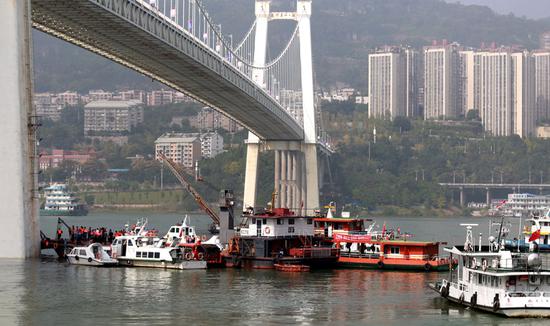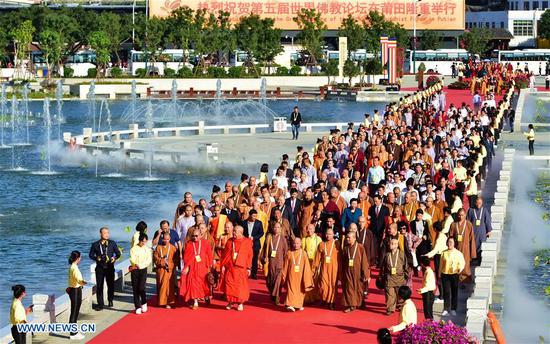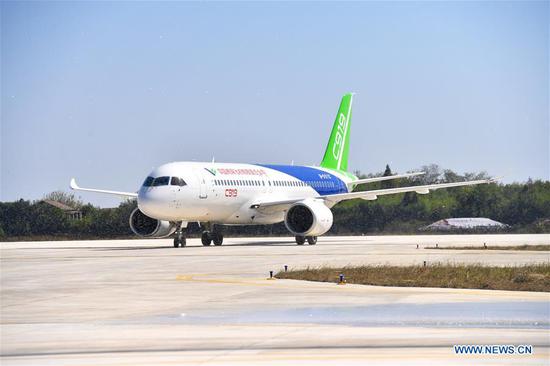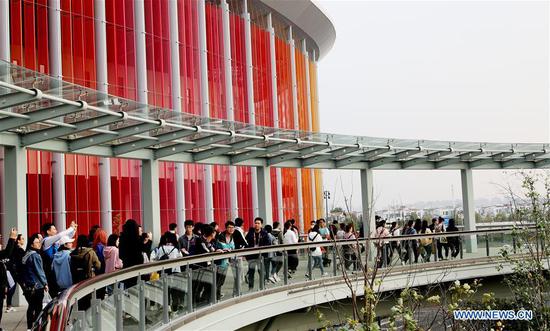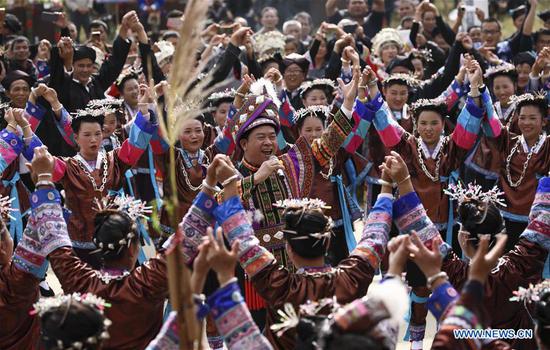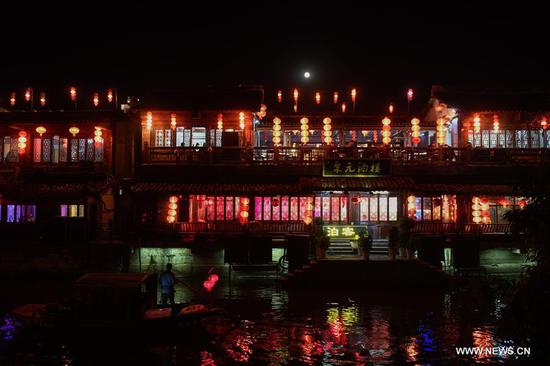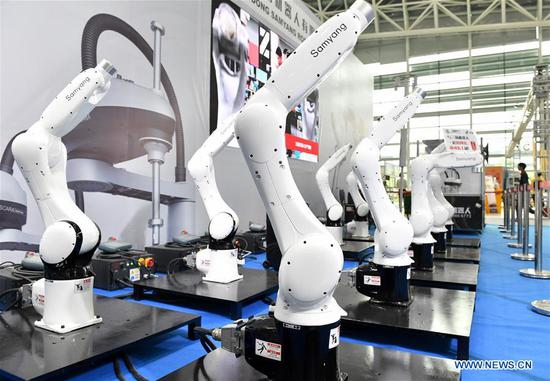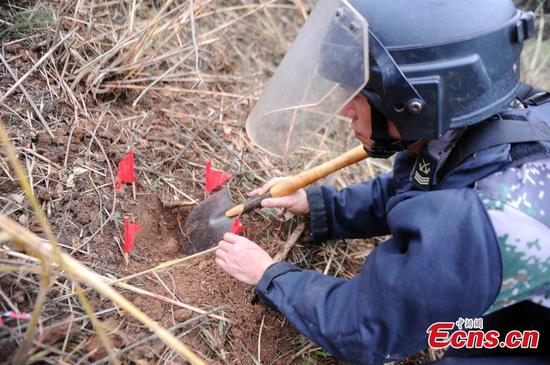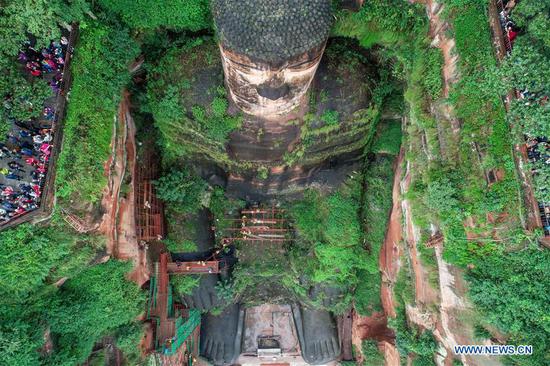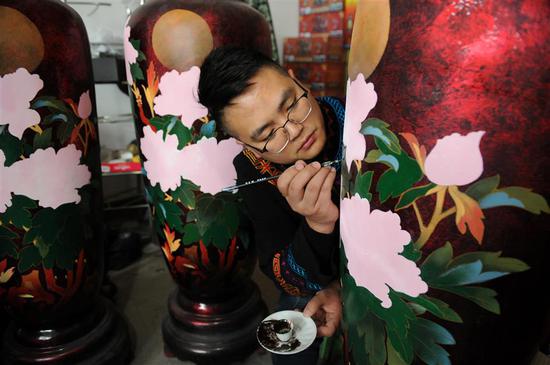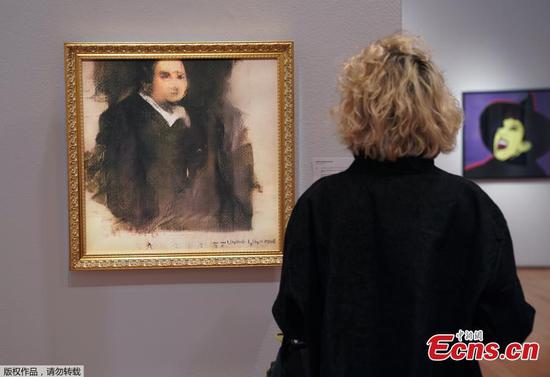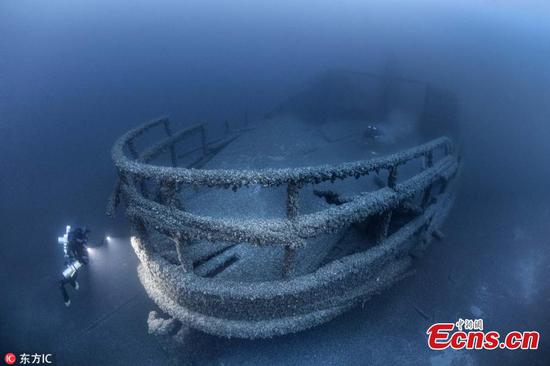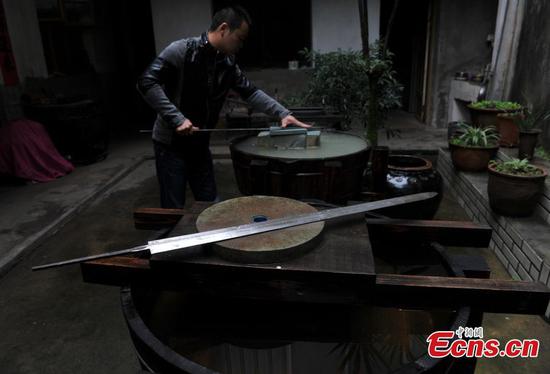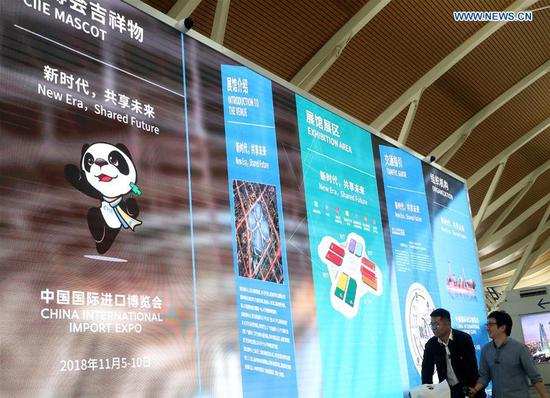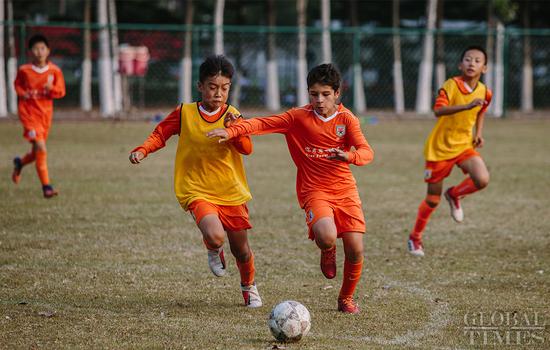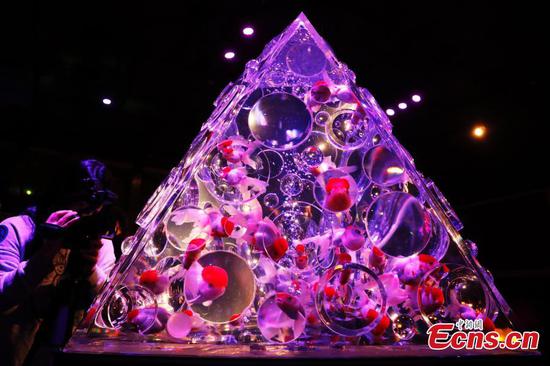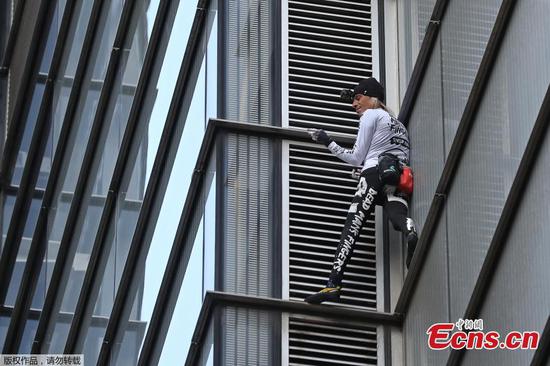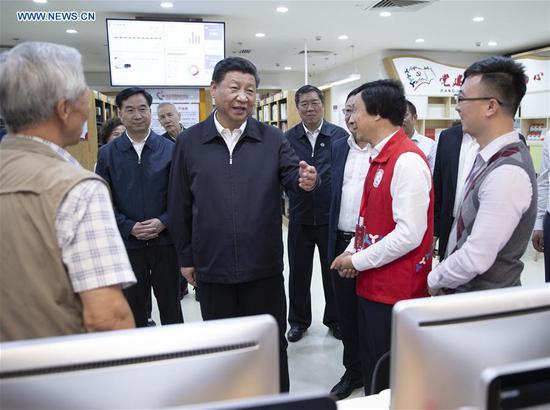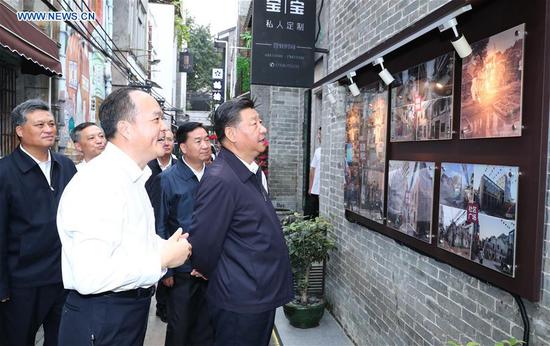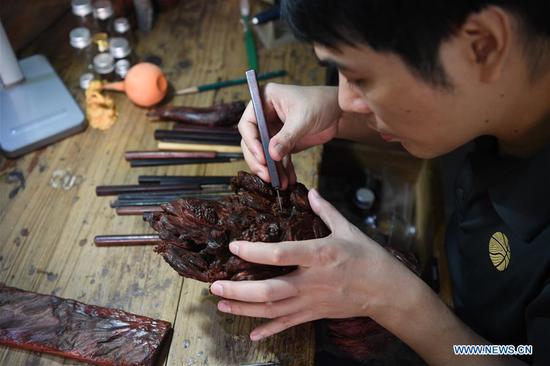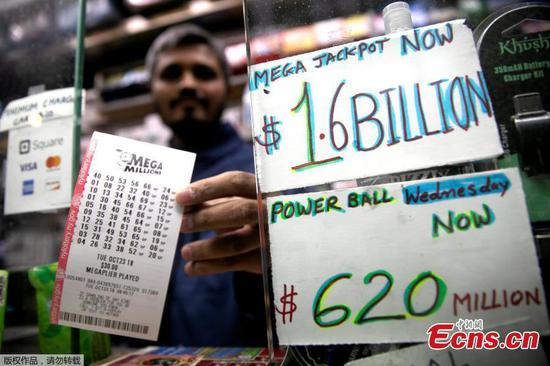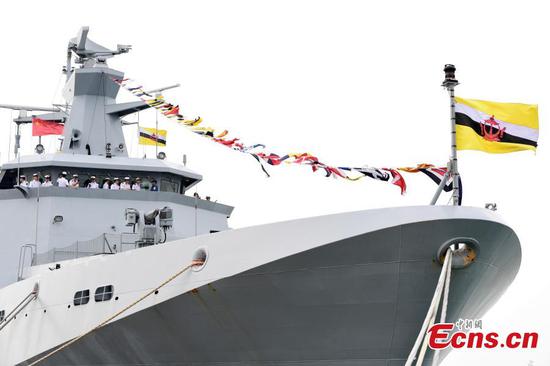Shanghai has received a slew of major foreign investments in high-end manufacturing including robotics and new-energy vehicles (NEV) in recent months, which indicates that Shanghai remains highly attractive to foreign investors.
Coming at a time when China continues to push through reforms and opening-up efforts to improve business conditions for foreign companies, the new investment also points to the importance multinationals attach to the Chinese market and the improved business climate in the country, despite recent downward pressure, analysts said on Sunday.
In the latest case, Swiss industrial company ABB Group announced on Saturday that it would invest as much as $150 million to build the world's most advanced robotics factory in Shanghai.
"This new manufacturing center in Shanghai, China, will combine the company's connected digital technologies, state-of-the-art collaborative robotics and cutting-edge artificial intelligence research to create the most sophisticated 'factory of the future,'" the company said in a statement, adding that the factory is expected to go into operation by 2020.
In a separate strategic partnership deal signed with the Shanghai municipal government, ABB will also support the city in industrial, new energy, transport and infrastructure sectors, according to a report on news website thepaper.cn on Saturday.
Also on Saturday, the Shanghai municipal government signed a dozen foreign investment projects involving total investment of 23.4 billion yuan ($3.37 billion) at a ceremony in Shanghai, thepaper.cn reported on Saturday.
The investments are from countries such as the U.S., France, Germany and Japan. They include a $116.5 million investment from Japanese pharmaceutical firm Takeda and an $85 million investment from U.S.-based skin care and nutrition provider Nu Skin Enterprises, and French sports retailer Decathlon will spend $144 million on its headquarters expansion project, according to the report.
High-end focus
Analysts noted that the new deals in Shanghai reflect the general trend in the Chinese economy of lower-end manufacturing being replaced by high-end manufacturing, a goal the country has been pursuing.
"Such a transformation may be hard to see, especially when there is so much negative news about the Chinese economy, whether it's the trade war with the U.S., downward pressure or the so-called 'foreign investors fleeing China' narrative; but the truth is that it is happening," said Sun Lijian, an economics professor at Fudan University in Shanghai. "China is moving toward high-end manufacturing and high-quality growth."
Sun told the Global Times on Sunday that China has used an array of measures to open its massive domestic market to foreign companies, including relaxing restrictions for foreign investors in some sectors and lifting shareholding restrictions.
"All these efforts are aimed at one thing: to improve business conditions for foreign investors. By looking at these investments, we can tell that foreign companies are still very keen on the Chinese market and confident in its potential," Sun added.
Li Daxiao, chief economist at Shenzhen-based Yingda Securities, pointed out that the increasing number of foreign investments in China, particularly those in high-end manufacturing, will not only boost confidence in the Chinese economy but also help its long-term growth.
"Foreign investment has helped China a great deal in the past few decades. And as the country is going through a crucial stage of transformation, we still need foreign investment, expertise and technologies," Li told the Global Times. "That's why we continue to make efforts to open up the market for foreign investors."









